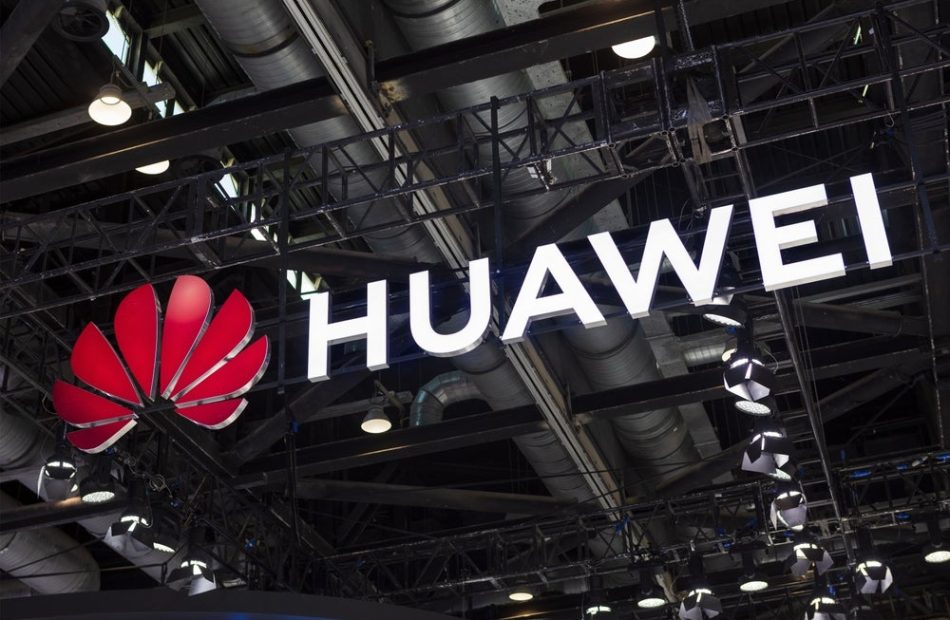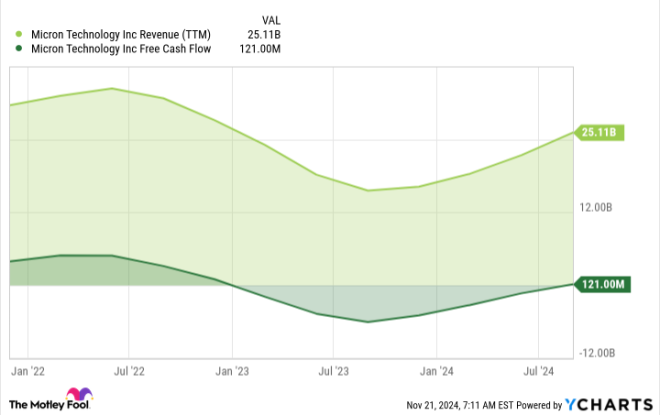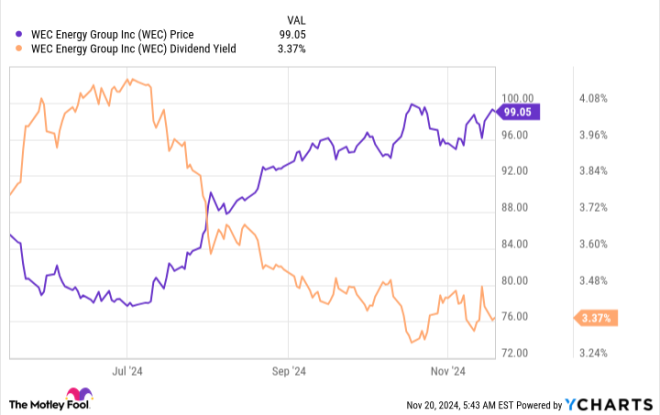Huawei, Riding High On Trifold Success, Launches Revolutionary Laptop Powered By Homegrown Chips, Software — China Ready To Break Free From US Tech Dependence?
The Qingyun L540 laptop, a product of Huawei Technologies, is a testament to China’s progress towards technological self-sufficiency, featuring a self-designed processor and a Chinese-made operating system.
What Happened: The Qingyun L540 laptop is a prime example of China’s push for tech independence. The laptop, which is being widely adopted by government and state groups, is a part of China’s localization campaign, Xinchuang, reported Financial Times.
China’s quest for a domestic tech supply chain has been a long-standing goal, with a particular focus on semiconductors. The embargoes on high-tech goods by Washington have further motivated Beijing to intensify its efforts.
Since March, central agencies have transitioned from exclusively purchasing laptops running on Intel and AMD processors to acquiring three-quarters of their devices with chips from Chinese companies.
This includes companies like Huawei, Shanghai Zhaoxin, and Phytium, the report noted.
The Qingyun L540 laptop also runs on the Chinese-made Unity Operating System, based on Linux, and all of its applications are made in China.
However, the laptop still relies on some foreign technology, indicating the challenges that lie ahead for China’s tech independence campaign.
Subscribe to the Benzinga Tech Trends newsletter to get all the latest tech developments delivered to your inbox.
Why It Matters: The push for tech autonomy in China has been a response to the U.S. restrictions on semiconductor exports to China.
In May this year, the Chinese government announced a $47.5 billion public fund aimed at fueling the country’s self-reliance in manufacturing advanced chips.
Earlier, Chinese President Xi Jinping also urged for increased R&D in semiconductors, machine tools, and foundational software, stating that they form the “technological backbone for independent, secure and controllable supply chains.”
Earlier this month, an analysis of China’s semiconductor technology shows it is just three years behind Taiwan Semiconductor Mfg. Co. Ltd.
In the first half of 2024, China invested $25 billion in chipmaking equipment, surpassing the combined spending of South Korea, Taiwan, and the U.S.
Meanwhile, Huawei has received much praise for launching the world’s first tri-fold smartphone, the Mate XT.
Although the smartphone is expensive at the price range of $2,800 to $3,371, it has been giving tough competition to Apple in China.
Image via Shutterstock
Check out more of Benzinga’s Consumer Tech coverage by following this link.
Read Next:
Disclaimer: This content was partially produced with the help of Benzinga Neuro and was reviewed and published by Benzinga editors.
Market News and Data brought to you by Benzinga APIs
© 2024 Benzinga.com. Benzinga does not provide investment advice. All rights reserved.





Leave a Reply